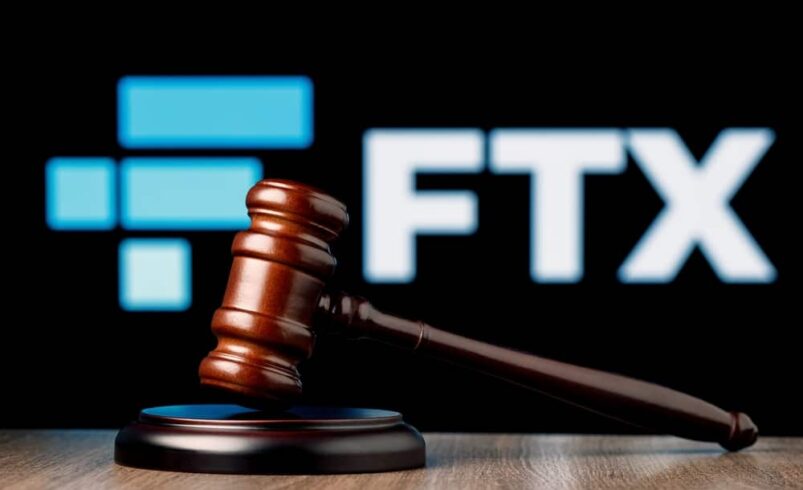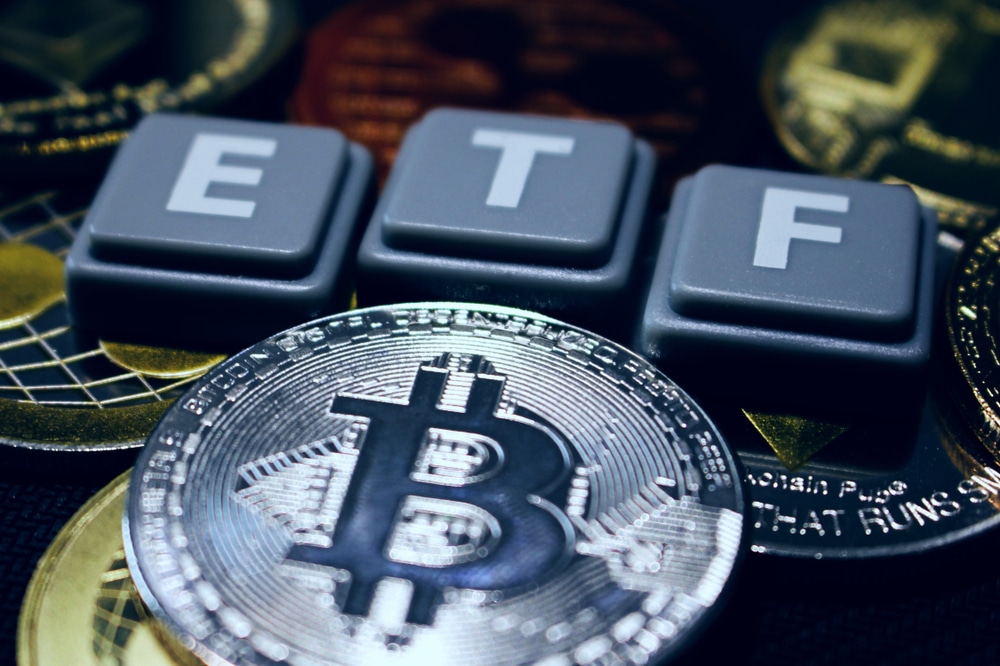South Korea Tightens Grip on OTC Crypto Trading Amid Rising Concerns

Key Insights:
- South Korea zooms in on OTC crypto platforms amid rising illicit activities.
- Regulatory measures target overseas platforms and money laundering concerns.
- The nation’s proactive stance sets a global benchmark for crypto safety.
South Korea’s regulatory stance on cryptocurrency continues to prioritize caution and vigilance. The nation’s regulatory authorities, led by the Financial Services Commission (FSC), are closely monitoring developments within the crypto market. Recent attention has shifted towards over-the-counter (OTC) crypto trading platforms.
OTC platforms have gained popularity among high-end investors, offering a broader spectrum of cryptocurrencies than traditional exchanges. While Upbit, one of South Korea’s leading crypto exchanges, provides access to 192 cryptocurrencies, specific OTC platforms boast an extensive selection of up to 700 digital assets. This diversity presents both opportunities and challenges.
The primary concern surrounding OTC platforms centers on potential associations with illicit activities. Many of these platforms operate from offshore locations, raising suspicions of facilitating the laundering of unlawfully acquired crypto assets into fiat currencies, including the Korean won.
Ki No-Seong, the Deputy Chief Prosecutor at the FSC, has emphasized the imperative of subjecting these platforms to regulatory oversight. To enhance transparency, the proposal will classify these entities as “undeclared” crypto trading businesses.
Responding to Emerging Challenges with Regulatory Vigor
Recent reports shed light on the anonymity and expansive nature of OTC platforms, which make them susceptible to nefarious activities. There is documented evidence suggesting the involvement of North Korean entities in using OTC platforms for illicit foreign exchange transactions.
Furthermore, mounting concerns are being voiced regarding the potential exploitation of these platforms for laundering crypto assets acquired through cyberattacks and ransomware. The Korea Customs Service has released data indicating that illicit foreign exchange transactions conducted via cryptocurrencies amounted to a staggering $4 billion in the previous year.
In response to these evolving challenges, South Korea has taken decisive actions. The nation’s proactive history in regulating the crypto market becomes evident in its response to recent events. The collapse of Terraform Labs, which sent shockwaves through the crypto market, underscored the urgency of implementing stringent regulations. Additionally, a tragic incident in Seoul, linked to a failed crypto investment, further highlighted the necessity for robust oversight.
Fostering a Secure and Transparent Crypto Environment
The government has introduced a series of measures to address unregulated crypto activities. The National Assembly passed the Virtual Asset User Protection Act, a legislative milestone to bolster user safety. In parallel, the FSC has mandated that companies disclose their crypto holdings commencing next year. This move is intended to inject greater transparency into corporate crypto transactions.
Furthermore, the country launched an interagency investigation unit to tackle crypto-related crimes head-on. New guidelines have also been set for crypto exchanges, directing them to maintain a reserve, ensuring they have the financial stability to operate responsibly.
South Korea’s approach to OTC crypto trading is a testament to its commitment to creating a safe and transparent crypto environment. The nation aims to address a significant loophole in crypto trading by focusing on OTC trading. Through rigorous regulations and proactive measures, South Korea sets a benchmark for other countries, ensuring that the crypto market evolves in a direction that prioritizes safety and transparency.
DISCLAIMER: It's essential to understand that the articles on this site are not meant to serve as, nor should it be construed as, advice in legal, tax, investment, financial, or any other professional context. You should only invest an amount that you are prepared to lose, and it's advisable to consult with an independent financial expert if you're uncertain. To obtain more information, kindly examine the terms of service and the assistance and support resources made available by the issuing or advertising entity. Our website is committed to delivering accurate and unbiased news, yet it's important to note that market conditions may change rapidly. Also, be aware that some (but not all) articles on our site are compensated or sponsored.








